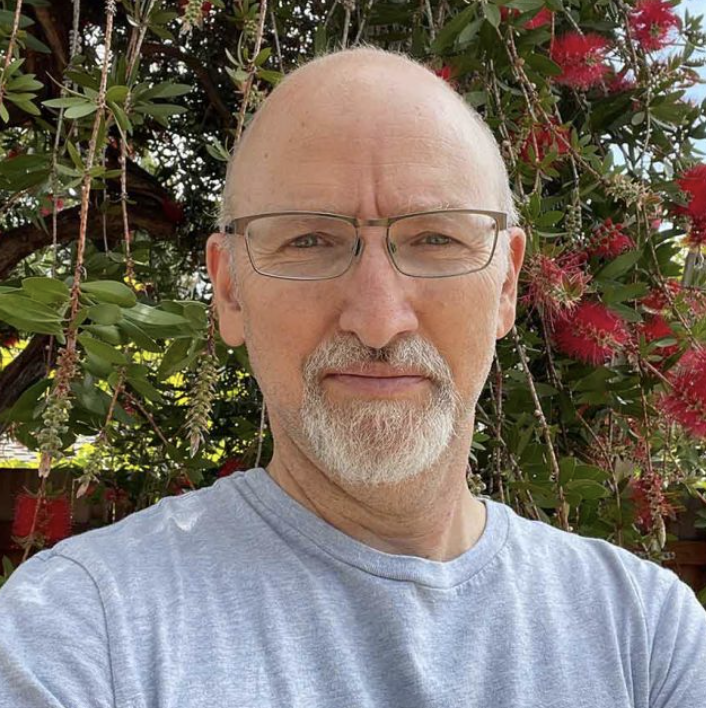
Professor
Attention Lab Principal Investigator
He/Him/His
Psychology East, Room 2805
Biography
Barry Giesbrecht is a first-gen college grad who earned his BA in Psychology from the University of Waterloo (Ontario, Canada). Barry did his graduate work at the University of Alberta (Edmonton, Canada) under the supervision of Drs. Alan Kingstone and Walter F. Bischof and was funded by scholarships from Natural Sciences and Engineering Research Council of Canada (NSERC), the Killam Trust, and the Alberta Heritage Foundation for Medical Research. After receiving his Ph.D. in 1999, Dr. Giesbrecht did a post-doctoral fellowship in the Center for Cognitive Neuroscience at Duke University (Durham, USA) with Ron Mangun and was funded by awards from NSERC and the McDonnell-Pew Program in Cognitive Neuroscience. In 2002 Dr. Giesbrecht became a part of the research faculty in the Center for Mind & Brain at the University of California, Davis, where he remained until joining the UCSB faculty in July of 2004.
Research
On a moment-by-moment basis we are faced with an environment that is in a continual state of flux, changing over time and space. Coherent and adaptive behavior in this complex environment is supported by the interplay of a variety of sensory, perceptual, physiological, and cognitive systems. Attention, for instance, provides a powerful coping mechanism that mediates the selective processing of information that is consistent with our current behavioral goals and intentions. The purpose of the research conducted in my lab is to clarify the perceptual, cognitive, and neural mechanisms of selective attention and how these mechanisms interact with other cognitive functions and physiological states. The key to the success of my research program is an empirical approach that combines the experimental rigor of cognitive psychology, multiple measures of brain function (functional magnetic resonance imaging (fMRI), electroencephalography (EEG), and neuropsychology), exercise physiology, and translational methods aimed at understanding behavior in the real-world. Using these methods, my work converges on the notion that selective attention is a flexible information processing mechanism that adjusts dynamically to our internal goals, global physiological state, and our external world.
Graduate Teaching
Psych 233, EEG
Psych 234, Coding for Experimental Psychologists
Psych 594, Special Topics
Undergraduate Teaching
Psych 118L, Attention Lab
Psych 163BG, The Active Brain
Non Science Stuff
Hockey, Hoops, Hiking, Golf, Biking, Pizza, Burritos, Carpentry